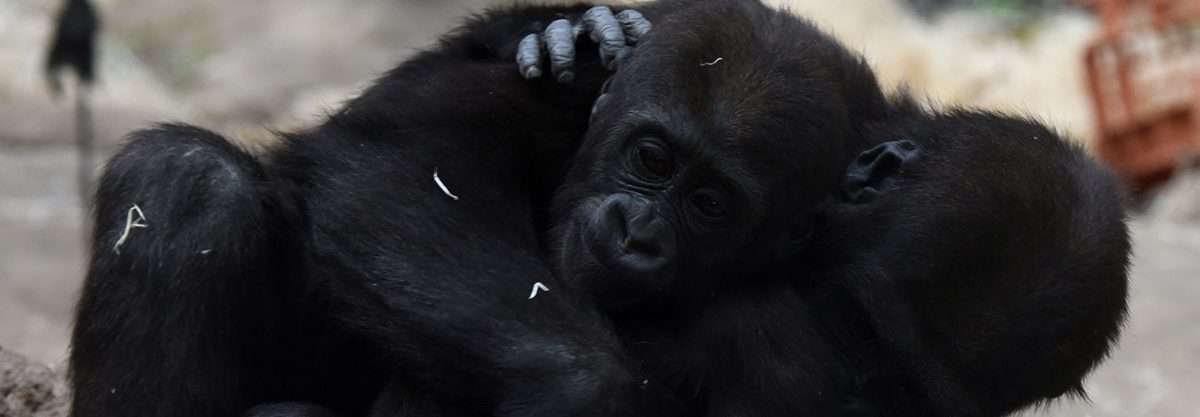Humans and chimpanzees are more alike than even previously believed.
According to a new study from Dutch researchers, published in scientific journal PLOS One, the way humans’ primate cousins interact with victims of traumatic experiences in a strikingly recognizable manner.
As The Washington Post notes, females are more likely to console victims than males. Among humans, if the victim is a co-worker, he or she is more likely be consoled by a fellow worker than a stranger (what the study refers to as “social closeness”). These social closeness traits shared by both humans and apes.
But what makes the study’s results so groundbreaking is that scientists have rarely documented victims of traumatic experiences being consoled in the natural world. This study is “the first to observe consolation in adults,” one of the lead researchers told the Post.
For the observation of humans, surveillance camera footage of the immediate aftermath of robberies was used. The patterns that emerged, mirror those seen in chimpanzees reactions to trauma.
For more on how one type of monkey, bonobos, consoles its peers, watch the video below.
This article appeared in an InsideHook newsletter. Sign up for free to get more on travel, wellness, style, drinking, and culture.
























